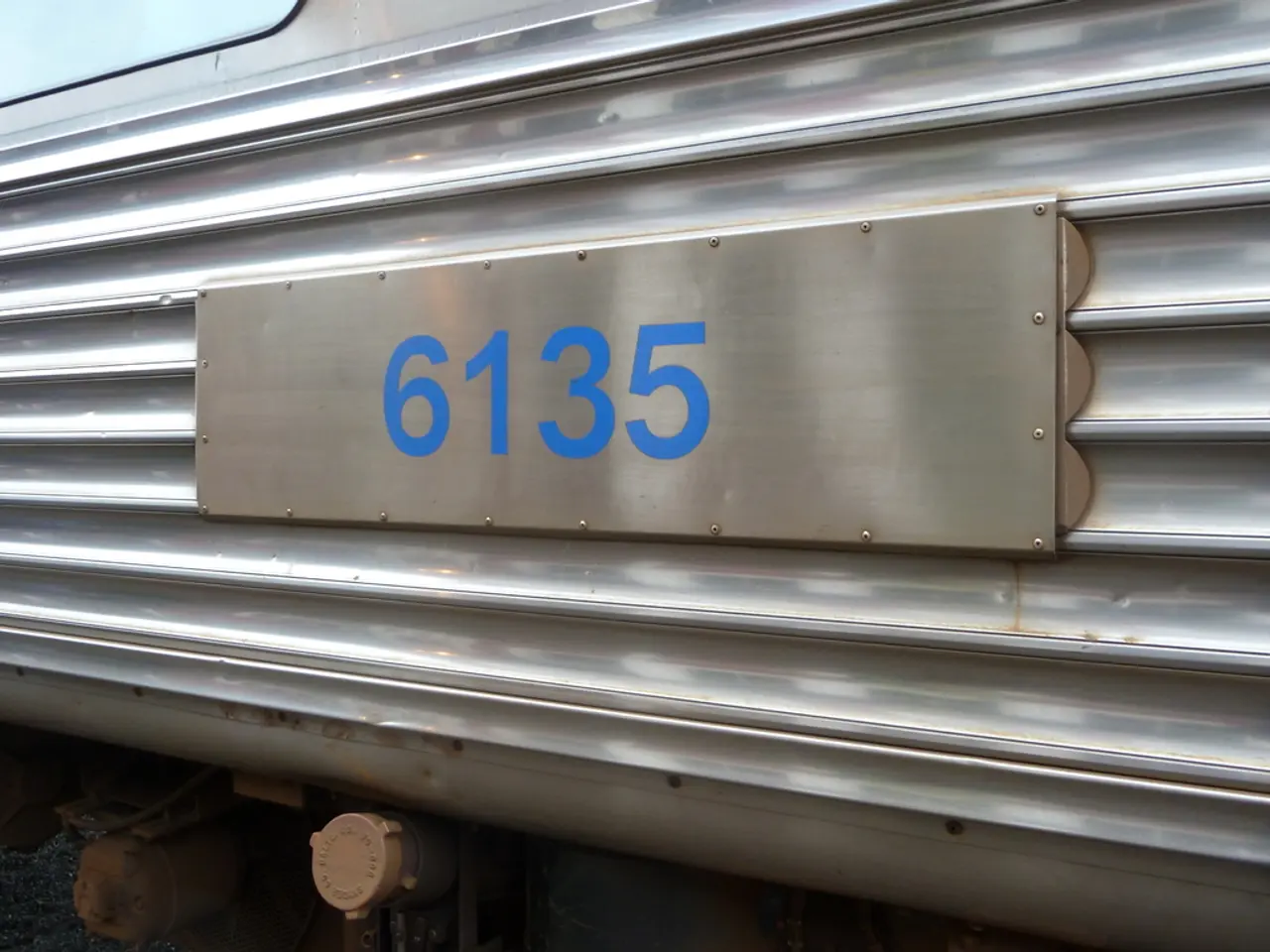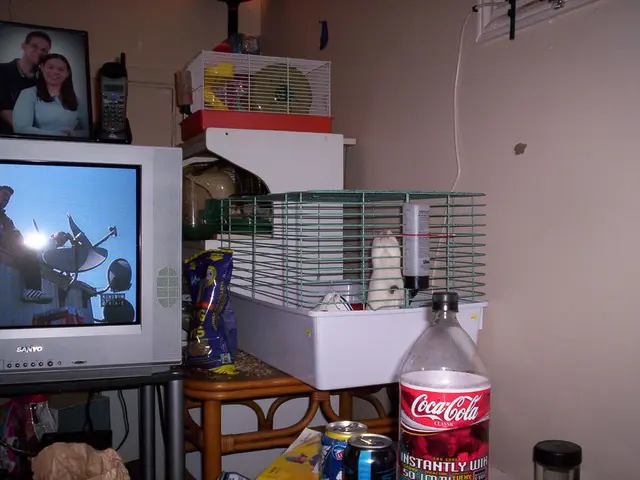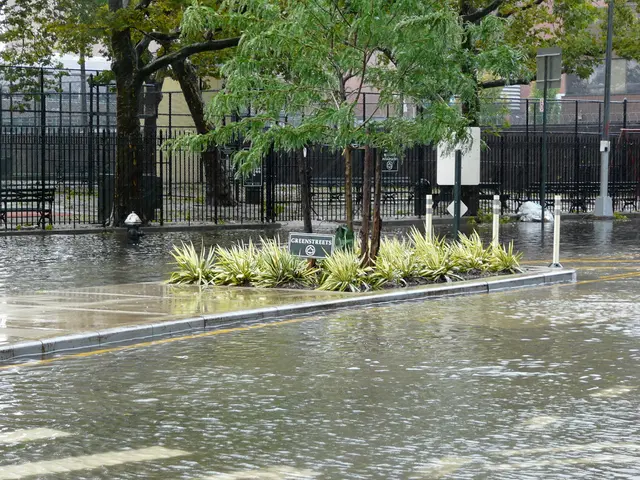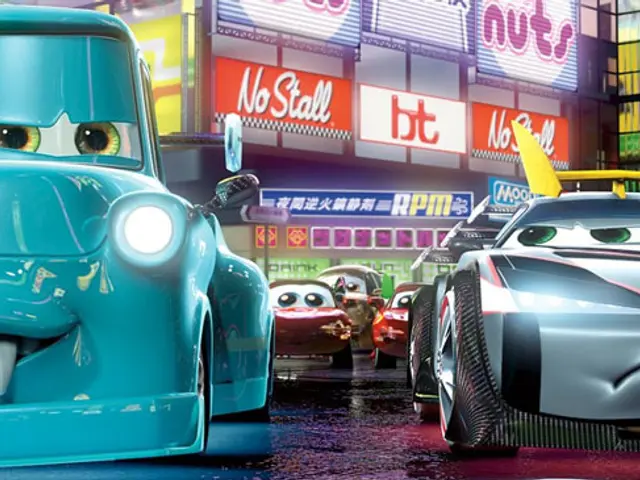Revised classic car registration system implemented by DVLA, marking the first alteration since the 1980s.
The classic car industry in the UK, worth over £4 billion annually and supporting over 115,000 jobs, is set for a significant shift as the DVLA unveils updates to its registration policies, effective from 26 August 2025.
These changes, the result of a government-backed consultation with classic car owners and industry groups, aim to modernise the registration process, improve accuracy in vehicle records, and facilitate safer and easier ownership of repaired and modified classic cars.
One of the key changes is the removal of the requirement to report like-for-like repairs or restorations. Owners will no longer need to notify the DVLA when their vehicle undergoes repairs or restorations that keep the car in its original factory condition and maintain the same V5C log book details. This applies to vehicles of all ages and removes the previous risk of receiving a Q-plate or forced re-identification after minor maintenance.
Another significant change is the ability for vehicles that experience major structural modifications, including electric vehicle (EV) conversions, to keep their original Vehicle Identification Number (VIN) and registration number. While owners must still inform the DVLA of such modifications, the historic identity of the vehicle is preserved rather than replaced or marked as unverifiable.
The policy overhaul also simplifies and modernises the registration guidance, replacing decades-old, rigid rules with two new sets of guidance applicable to all vehicles regardless of age. This reflects modern restoration technologies, reduces unnecessary red tape, and supports the interests of classic car enthusiasts.
These reforms mark the first major update to the DVLA’s classic vehicle policies in over 40 years, releasing enthusiasts from previous restrictive practices and better reflecting contemporary vehicle restoration and modification trends.
In addition, the changes will make it significantly easier for classic vehicles to be repaired, restored, and modified. This, in turn, is estimated to be worth at least £335 million per annum to the UK economy, thanks to the specific skills required in classic car maintenance and restoration.
Tim Moss, DVLA Chief Executive, stated that the updated policies support historic vehicle keepers and the wider industry with clearer registration processes. He further added that these changes will allow enthusiasts to focus on what they love most: preserving and enjoying these remarkable vehicles.
With 3.1 million classic and historic vehicles in the UK, these changes are expected to have a positive impact on the industry, making it easier for owners to maintain and enjoy their vehicles without fear of losing their original identification after restoration or being refused registration altogether.
References:
- Gov.uk: DVLA classic vehicle policy consultation
- Autocar: DVLA classic car policy changes explained
- Classic Car Weekly: DVLA classic car policy changes explained








